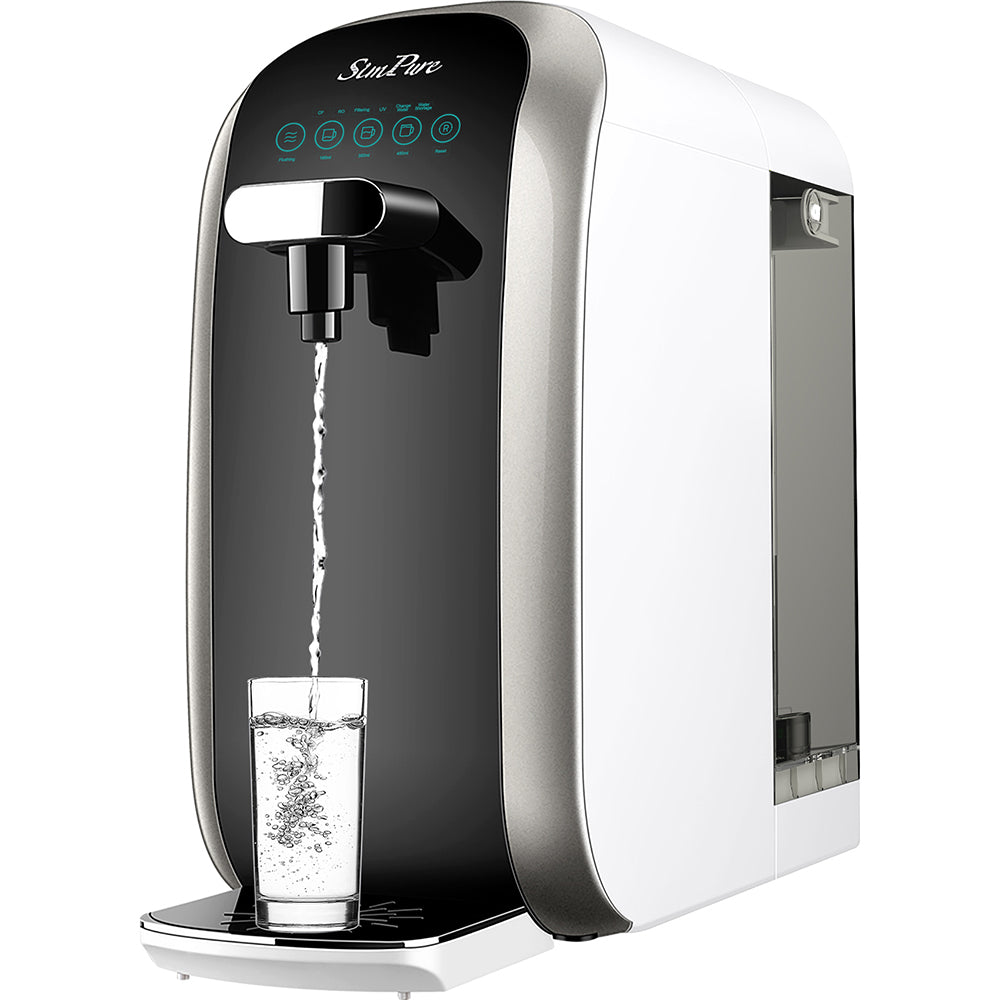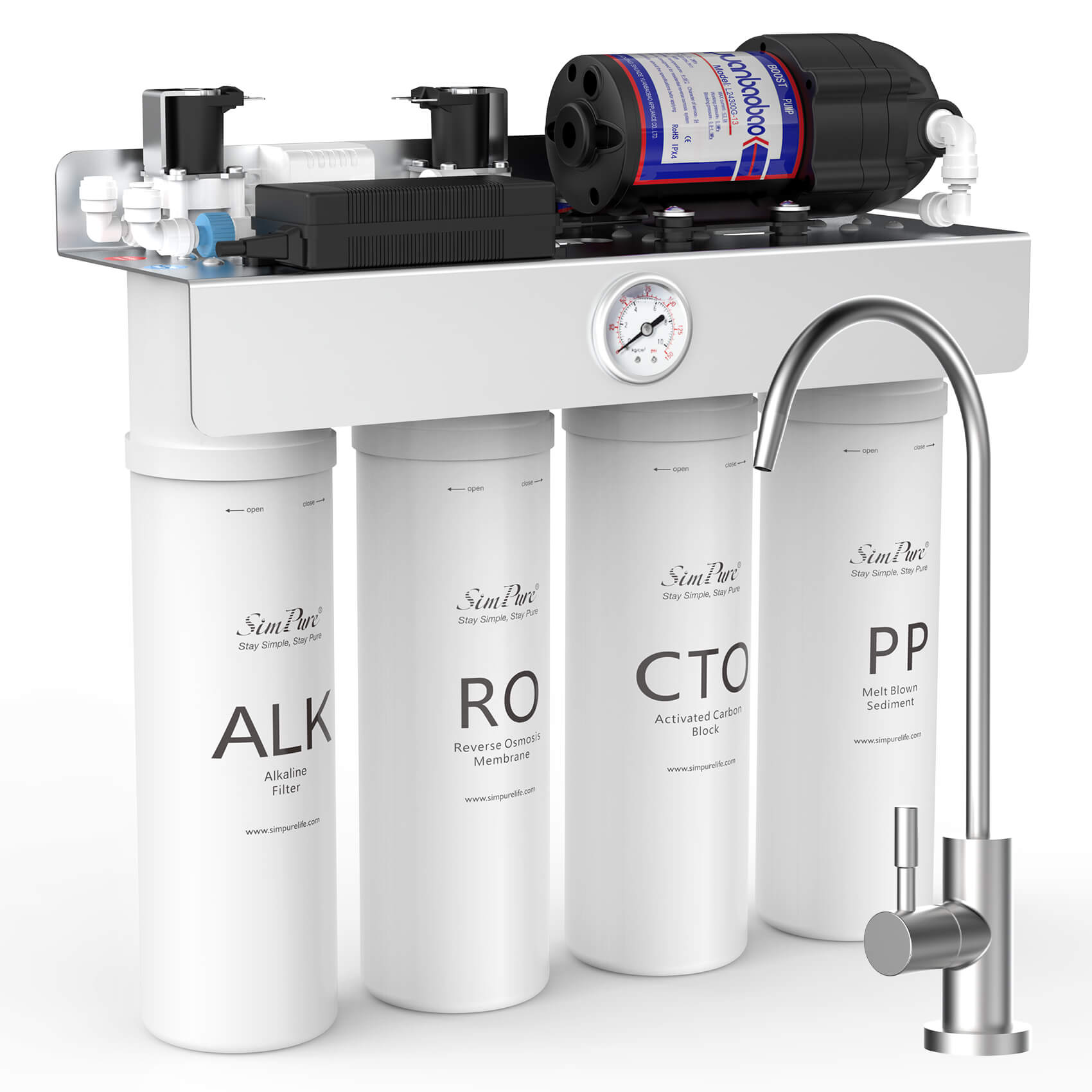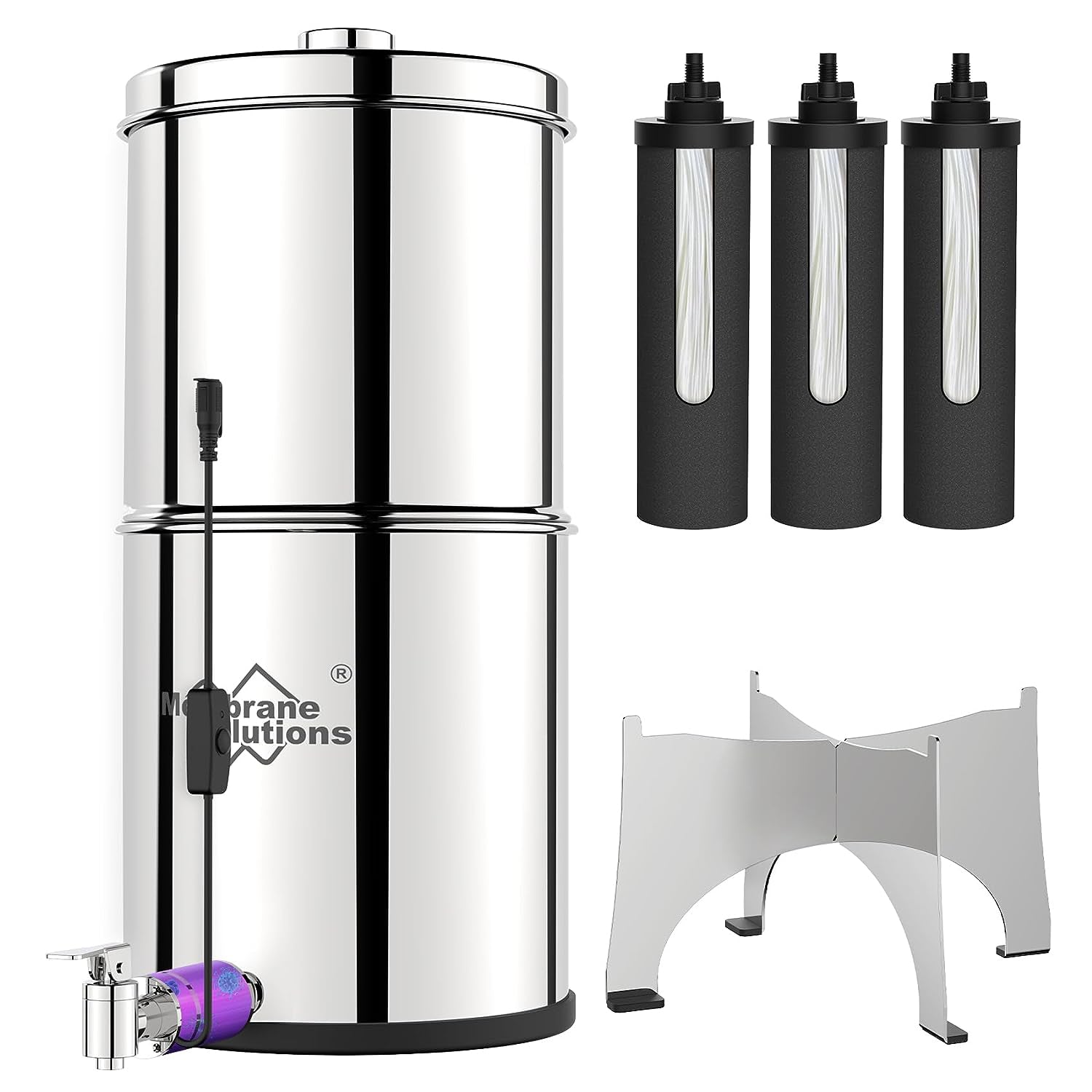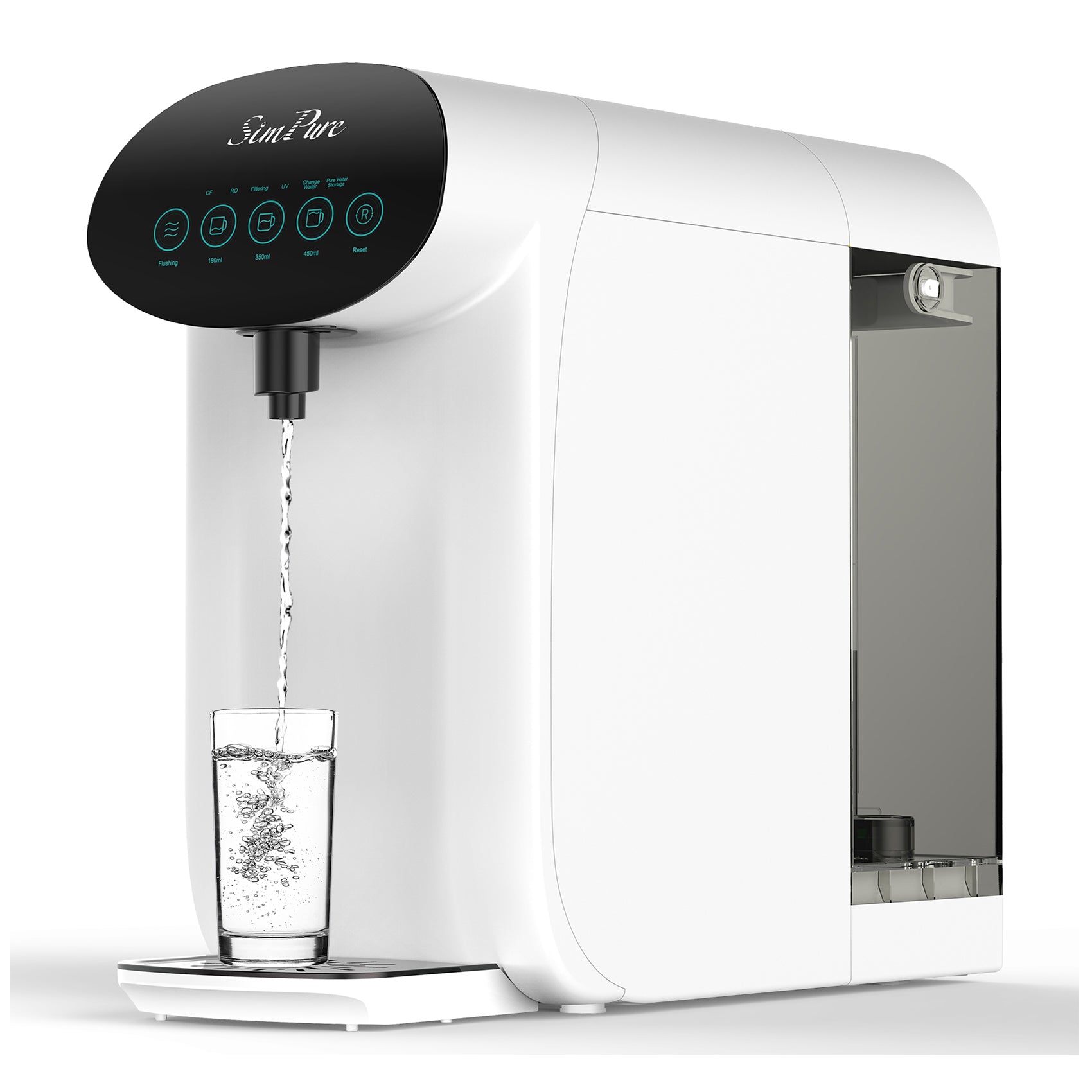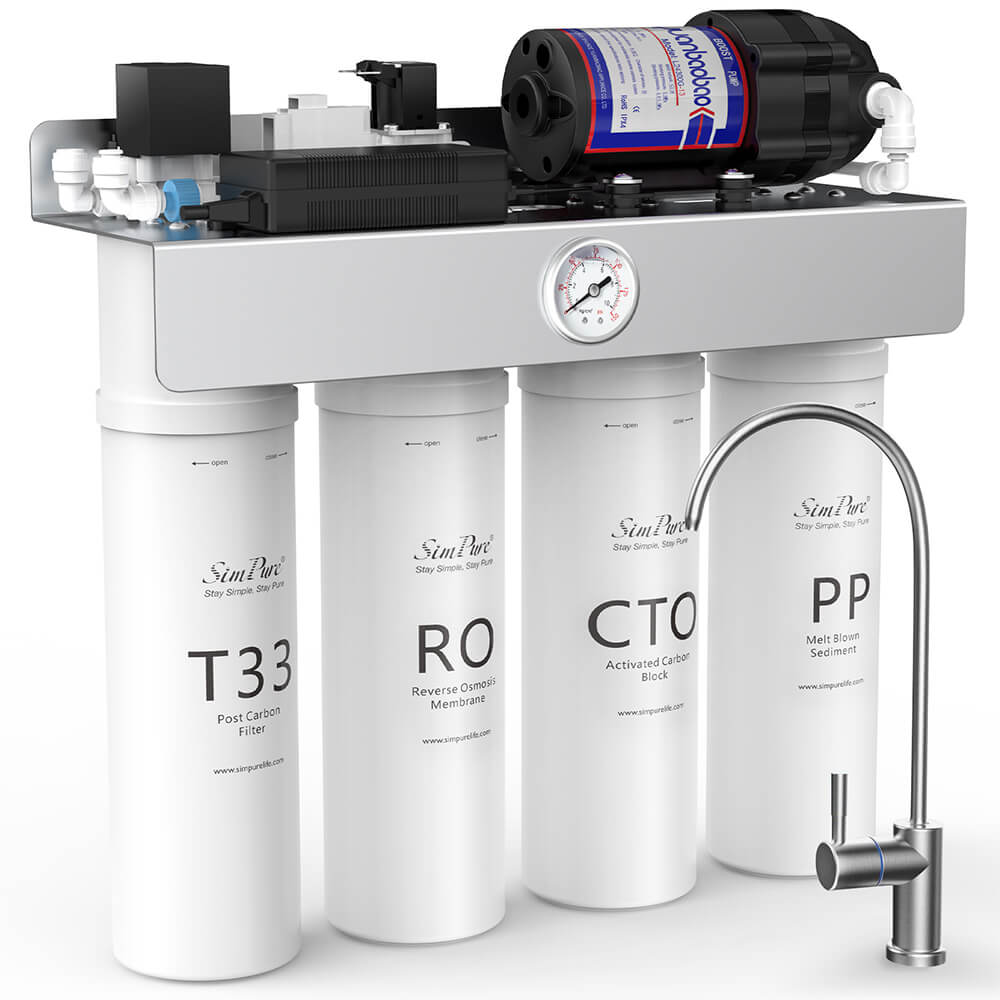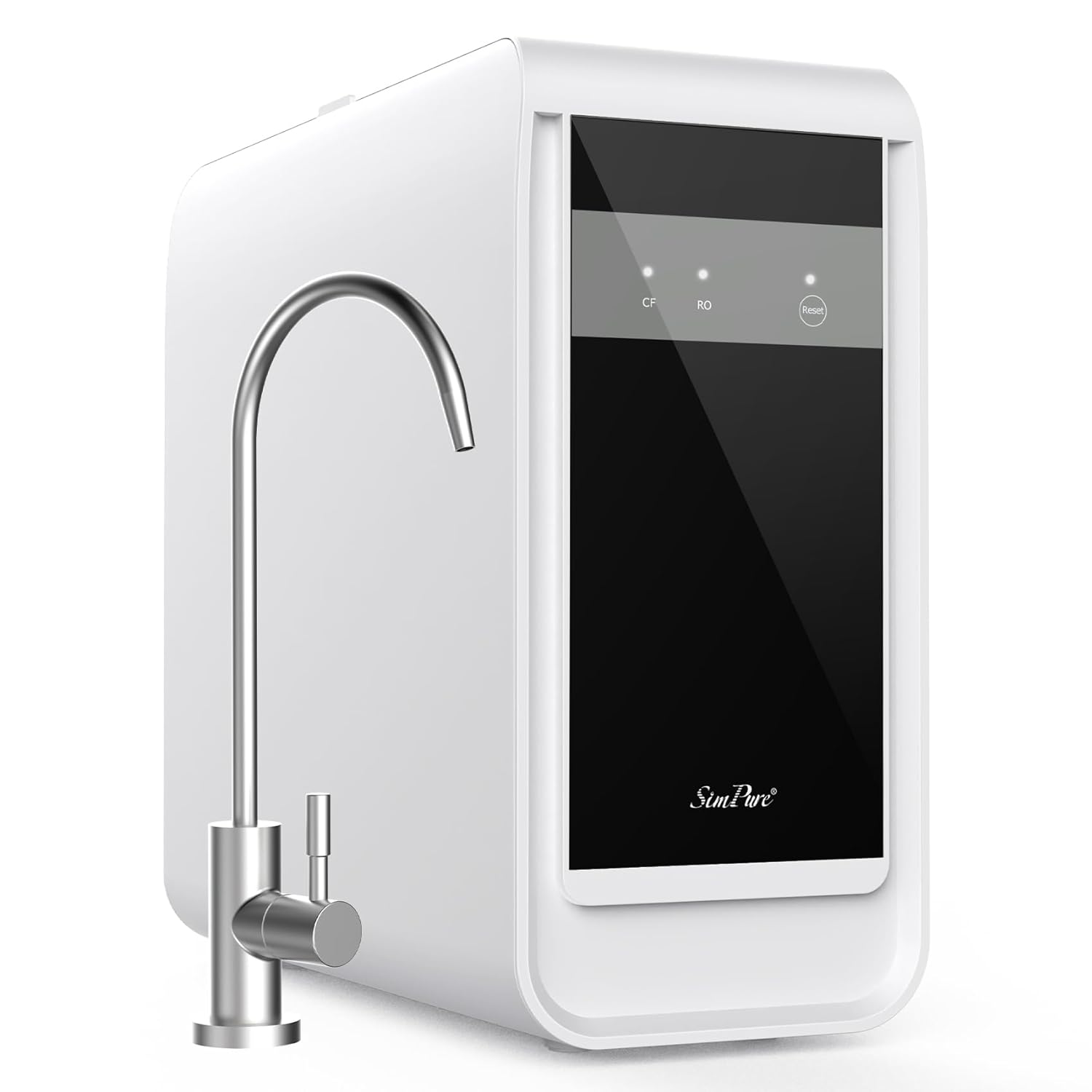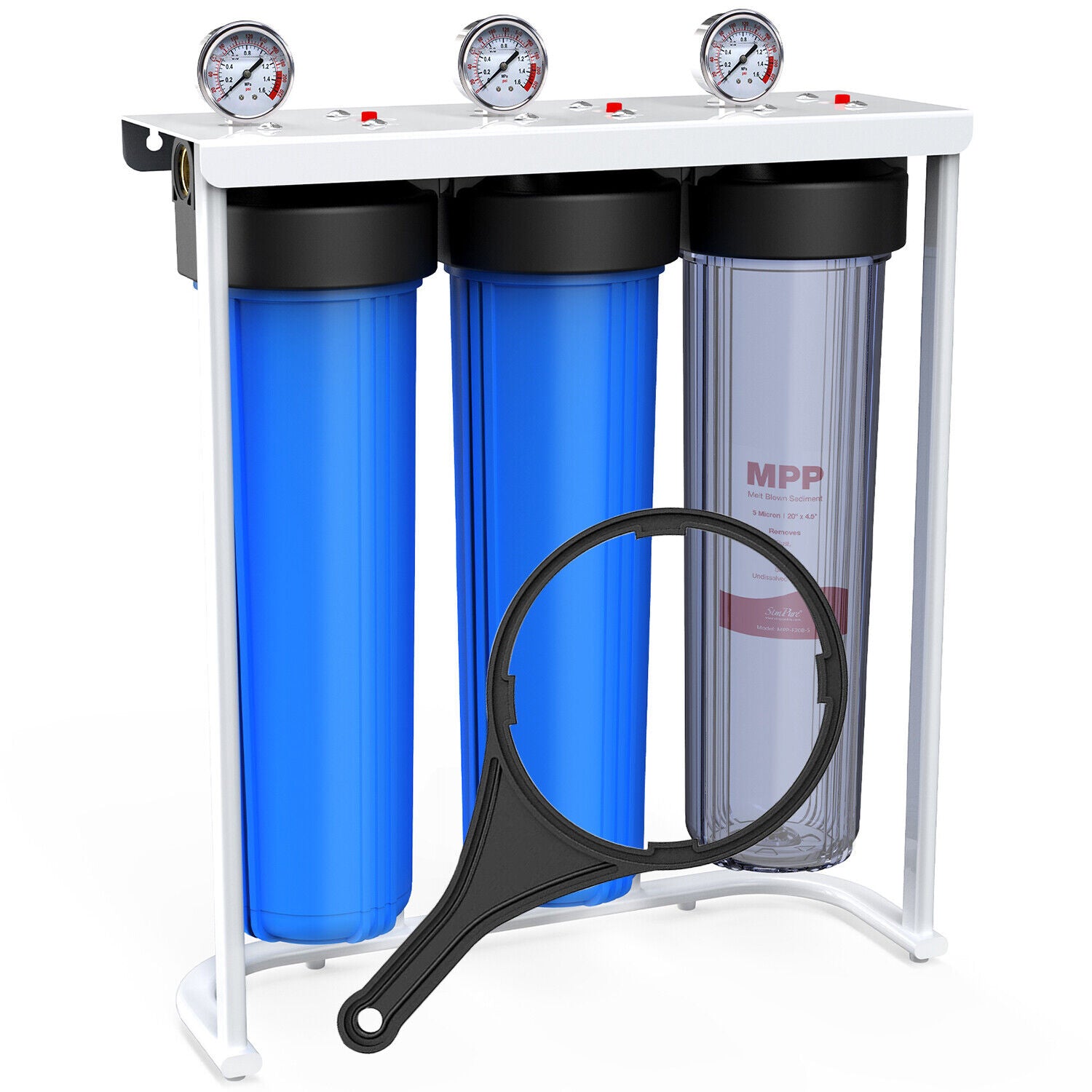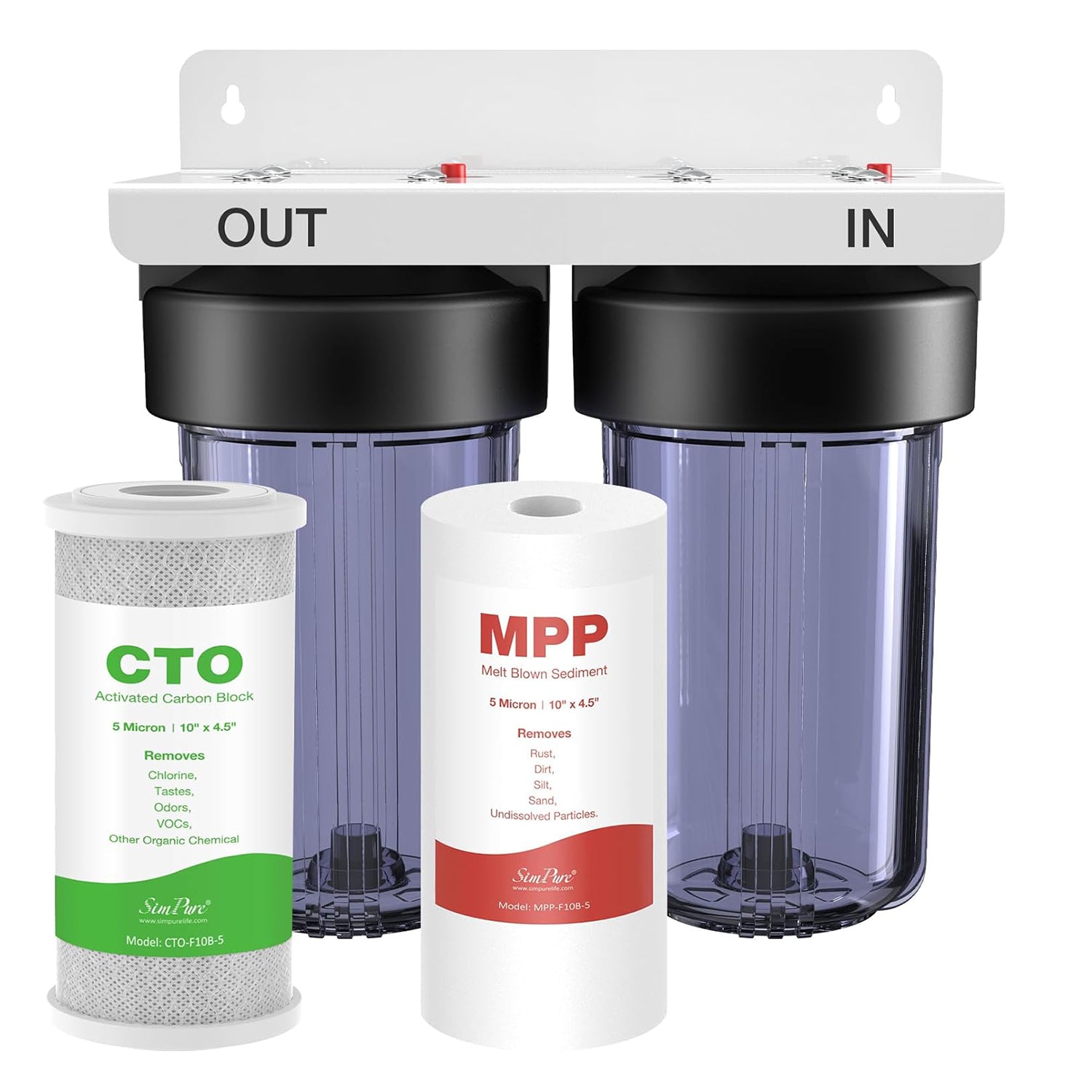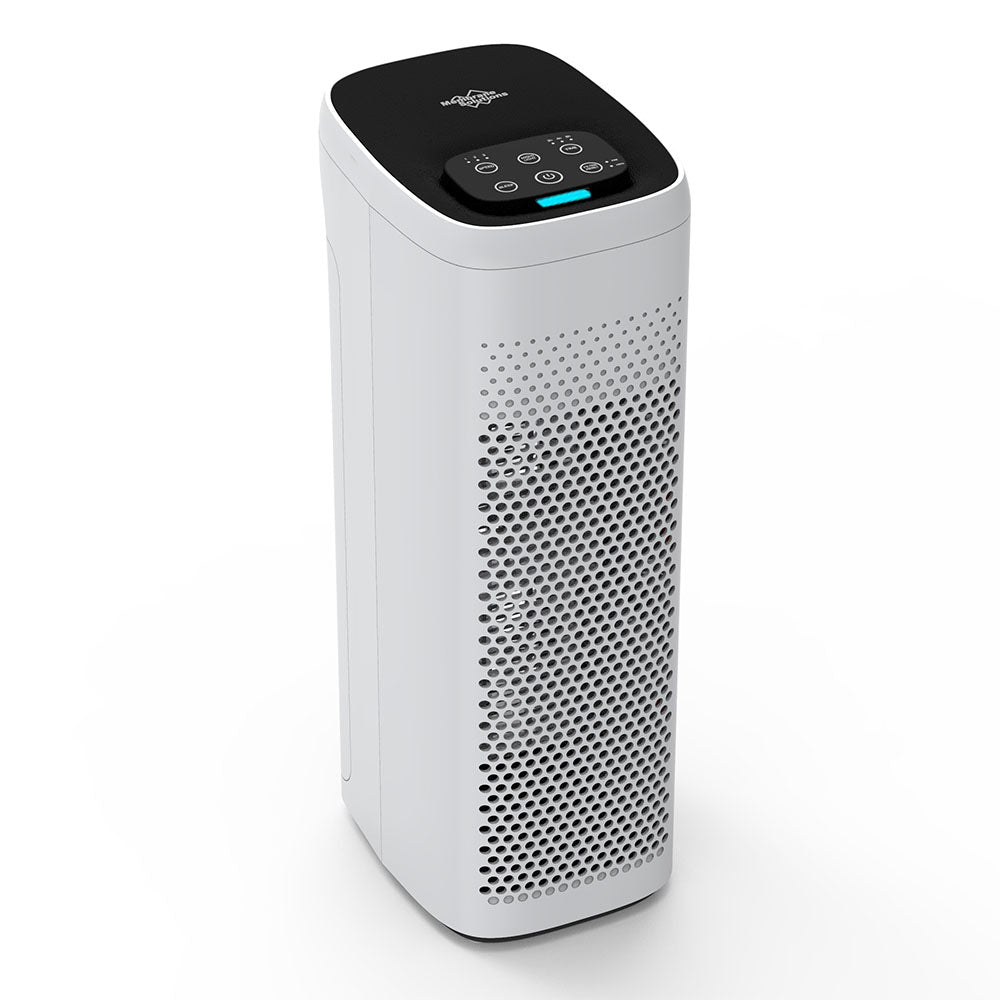Can Air Humidifier Relieve Allergies?
Many patients with allergic symptoms said they were very comfortable after using air humidifiers and felt that allergic rhinitis was relieved. Can humidifiers treat allergic rhinitis? When the room is too dry, it is easy to cause allergies, especially when the dust and dust accumulate due to neglect of cleaning.
Proper humidity can help improve symptoms and reduce allergy distress, as humidifiers can create moisture and suppress dust, dander, and virus particles swirling in the air. But ultimately, allergy symptoms are triggered by exposure to airborne allergens. So the effective way to relieve allergy symptoms is to remove the allergen. A humidifier can relieve mild sinusitis caused by dryness, but it cannot treat allergies.
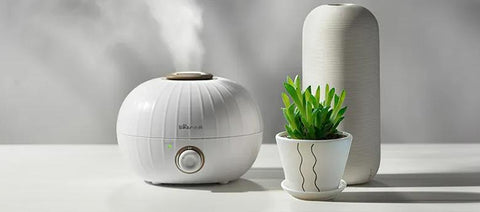
Can Air Purifier Relieve Allergies?
But ultimately, allergy symptoms are triggered by exposure to airborne allergens. Every time you walk across the floor, lie down, or affect one of the areas, it sends allergens back into the air for you to inhale. An air purifier can help relieve allergies by filtering out 99.97% of 0.3 micron airborne allergens in the air, such as dust, dust mites, pet hair, pet dander, mold spores, fungi and many types of bacteria. Additionally, an air purifier can circulate the air in your home, replacing it with fresh air multiple times. With an air purifier for allergy, the air in the room will circulate, and regular ventilation can help you get rid of allergies quickly.The HEPA filter of the air purifier can effectively filter allergenic particles and dust. Its filter diameter can filter out tiny particles and it can easily filter out common allergens like pollen. At the same time, the HEPA filter not only has a good filtering effect, but also has a certain sterilization function.
The Difference Between Air Purifier And Humidifier
1. There is a big difference between the working principles of air purifiers and humidifiers. The working principle of the humidifier (it converts electrical energy into mechanical energy through a transducer, decomposes water into small molecular particles through high-frequency vibration, and then blows these small particles of water out through a fan to increase the moisture in the air, thereby increasing the air humidity. the goal of.The working principle of the air purifier is the cooperation between the fan and the filter. The air in the inner compartment of the air purifier is drawn out through the fan, so that the inner compartment pipeline generates negative pressure. , In the process of air passing through the filter screen, the particulate suspended solids, formaldehyde and other harmful substances in the air are removed to achieve the effect of purifying the air.
2. The main functions of humidifiers and air purifiers are also different. The main function of the humidifier is to increase the moisture in the surrounding air, increase the air humidity, and make the air humidity reach the range of human comfort, thereby achieving the purpose of improving human comfort. A dry environment will increase the dust and suspended matter in the room, which is conducive to the spread of bacteria and viruses, causing people to experience various discomforts, such as dry mouth when getting up in the morning, and respiratory diseases. By using a humidifier to increase the indoor humidity, the above problems can be effectively solved.
The main function of the air purifier is to filter harmful substances in the air through a combination of filters with different functions to achieve the purpose of purifying the air in the room, such as PM2.5 in the air, suspended dust and formaldehyde and other harmful gases.
What Is Better For Allergies air purifier or humidifier?
If you often feel uncomfortable due to dry air and suffer from symptoms such as allergic rhinitis, you can use a humidifier in this case to increase the humidity in the air, thereby increasing the humidity in the nasal cavity and making the patient's nose dry. Relief, this situation is still helpful and effective for the recovery of allergic rhinitis.
But if you are allergic to dust mites, hair, pollen, etc., it is not suitable to use a humidifier. In this case, if the humidifier increases the humidity in the air, it also increases the living conditions for the reproduction of dust mites. Because dust mites can multiply in a humid environment, the concentration of allergens increases, which will make your allergy symptoms worse. At this time, you should use an air purifier, which can effectively remove a variety of allergens and relieve your allergy symptoms.
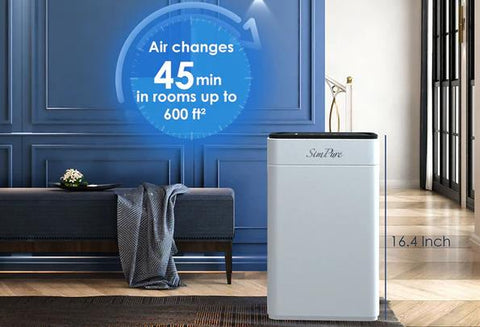
How to Improve Air Quality and Reduce Allergy Symptoms
If you always suffer from allergy symptoms, there are some basic tipsfor you to improve indoor air quality and reduce the frequency and severity of allergy attacks. Here are some tips to improve the quality of your environment:
1. Keep the room tidy. Regularly clean the carpets, ornaments, decorations and other furniture in the room that are prone to accumulation of dust and impurities. Remove allergens thoroughly by cleaning and avoid inhaling these particles in the room.
2. Properly close the window. If you have seasonal allergies, close the windows and turn on the air conditioner when your allergies are at their worst. We usually recommend opening windows because fresh outdoor air is almost always cleaner than indoor air, but in this case you want to keep pollen outside.
3. Use an air purifier. If you're allergic to dust mites, pollen, and pet hair, an air purifier may help. These often airborne irritants can be filtered through a purifier, leaving cleaner air to breathe.click the the picture below to buy the air purifier for allergies

4. Use a humidifier. It's a good idea to use a humidifier during dry winter months, as it can keep your skin, nose, and throat from drying out and cracking. It will also relieve some of your allergy symptoms. Proper use of the humidifier is very important, but the humidity should be maintained between 40% - 60% and the humidifier should be cleaned regularly to avoid contamination.



